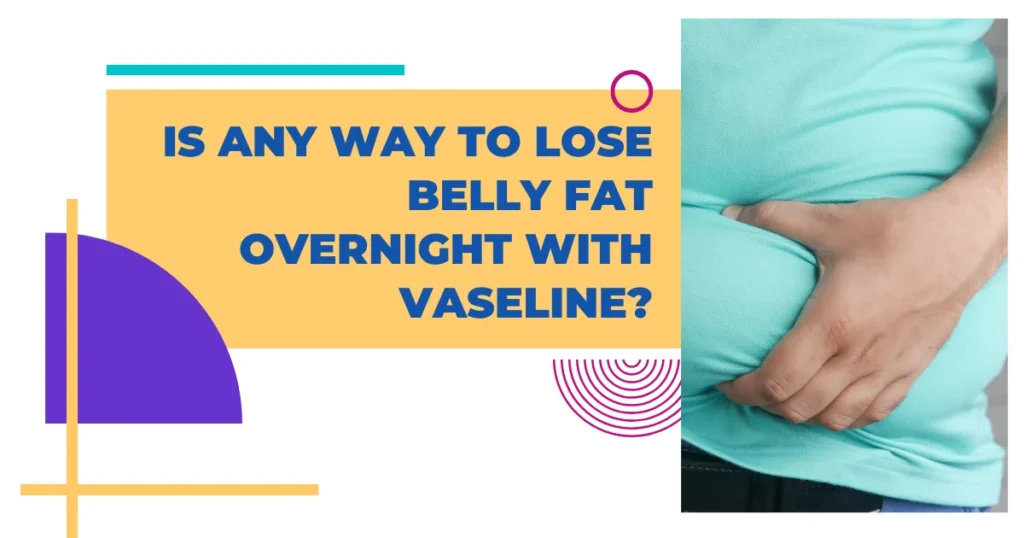Are you trying to lose weight? You’re not alone. Many Americans want to shed extra pounds. One big question is: ” how many calories to lose weight?” This guide will help you understand calories and weight loss in simple terms.

What You’ll Learn
- What calories are
- How calories relate to weight loss
- How to calculate your calorie needs
- Tips for reducing calories healthily
- How exercise helps burn calories
- Common myths about calories and weight loss
What Are Calories?
Think of calories as energy for your body.
- Foods and drinks contain calories
- Your body uses this energy to function
- When you eat more calories than you need, your body stores the extra as fat
Here’s how many calories are in different types of food:
| Food Type | Calories per gram |
|---|---|
| Carbs | 4 |
| Protein | 4 |
| Fat | 9 |
Calories and Weight Loss: The Basics
Losing weight is about balance:
- Eat fewer calories than your body uses = Lose weight
- Eat more calories than your body uses = Gain weight
It’s that simple! But the trick is doing it healthily.
Also read …. Are Bananas Good For Weight Loss?
How Many Calories Do You Need?
Everyone’s calorie needs are different. It depends on things like:
- Your age
- Your gender
- How tall you are
- How much you weigh now
- How active you are
Here’s a simple way to estimate:
- Find your basic calorie needs:
- Women: 10 x weight (kg) + 23 x height (in) – 5 x age + 495
- Men: 10 x weight (kg) + 23 x height (in) – 5 x age + 795
- Multiply by your activity level:
- Not very active: x 1.2
- Somewhat active: x 1.3
- Very active: x 1.4
This number is roughly how many calories you need to stay at your current weight.
Creating a Calorie Deficit for Weight Loss
To lose weight, you need to eat fewer calories than your body uses.
- To lose 1 pound (0.45 kg) per week: Cut 500 calories per day
- To lose 2 pounds (0.9 kg) per week: Cut 1000 calories per day
But don’t go too low! Most people shouldn’t eat less than:
- Women: 1,200 calories per day
- Men: 1,500 calories per day
Healthy Ways to Cut Calories
Eating less doesn’t mean starving yourself. Try these tips:
- Eat whole foods: They fill you up with fewer calories
- Drink water: Sometimes thirst feels like hunger
- Use smaller plates: It tricks your brain into thinking you’re eating more
- Eat more protein: It keeps you feeling full longer
- Fill half your plate with veggies: They’re low in calories but nutritious
- Cook at home: You control what goes in your food
- Avoid sugary drinks: They add calories without making you feel full
- Read food labels: Know what you’re eating
Calories in Common Foods
Here’s a quick look at calories in some foods:
| Food | Portion | Calories |
|---|---|---|
| Apple | 1 medium | 95 |
| Chicken breast | 3 oz (85g) | 165 |
| Brown rice (cooked) | 1 cup | 216 |
| Potato chips | 1 oz (28g) | 152 |
| Cola | 12 oz can | 140 |
Exercise and Burning Calories
Exercise helps you lose weight by burning extra calories. Here’s how many calories you might burn in 30 minutes:
| Activity | Calories Burned |
|---|---|
| Walking (3.5 mph) | 149 |
| Swimming | 223 |
| Running (5 mph) | 298 |
| Dancing | 205 |
Remember: These are just estimates. The actual amount depends on your weight and how hard you work out.
Common Myths About Calories and Weight Loss
Let’s clear up some confusion:
- Myth: All calories are the same Truth: 100 calories of vegetables is better for you than 100 calories of candy
- Myth: Eating at night makes you gain weight Truth: When you eat doesn’t matter as much as how much you eat all day
- Myth: You must count every calorie to lose weight Truth: Eating healthy foods and watching portion sizes can work too
- Myth: Skipping meals helps you lose weight Truth: This often leads to overeating later
- Myth: Some foods burn more calories than they contain Truth: No food burns more calories than it gives you
Tips for Tracking Calories
If you want to track calories:
- Use a food diary or app like MyFitnessPal or LoseIt
- Measure your food to learn portion sizes
- Be honest – include all snacks and drinks
- Look for patterns in your eating habits
Remember: Tracking is a tool to help you learn, not a rule you must follow forever.
When to Get Help
Sometimes it’s good to talk to a doctor or dietitian about your weight loss plan. Consider getting help if:
- You have a health condition that affects your weight
- You’ve tried to lose weight many times without success
- You’re thinking about a very low-calorie diet
- You’re worried about your eating habits
The Bottom Line
Losing weight by watching calories can work, but it’s important to do it in a healthy way. Remember:
- Create a moderate calorie deficit
- Eat nutritious, whole foods
- Stay active
- Be patient – healthy weight loss takes time
Everyone’s body is different. What works for one person might not work for another. Focus on developing healthy habits that you can stick with long-term.
Remember, health is about more than just a number on the scale. Pay attention to how you feel overall. More energy, better sleep, and improved mood are all signs you’re on the right track!



